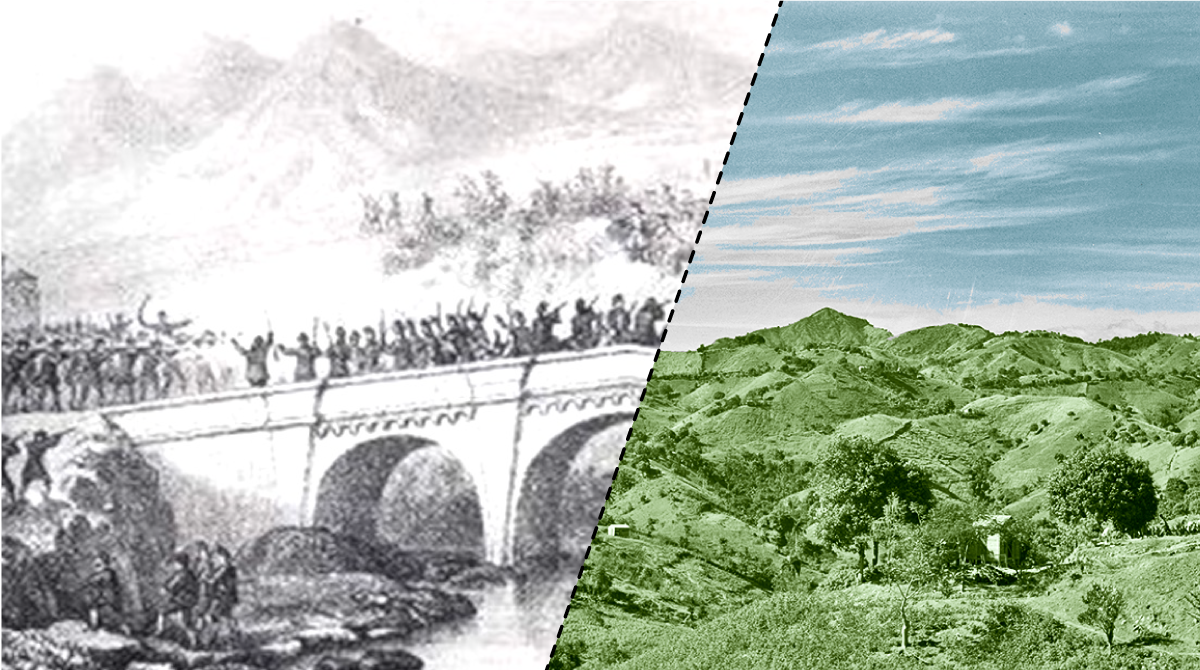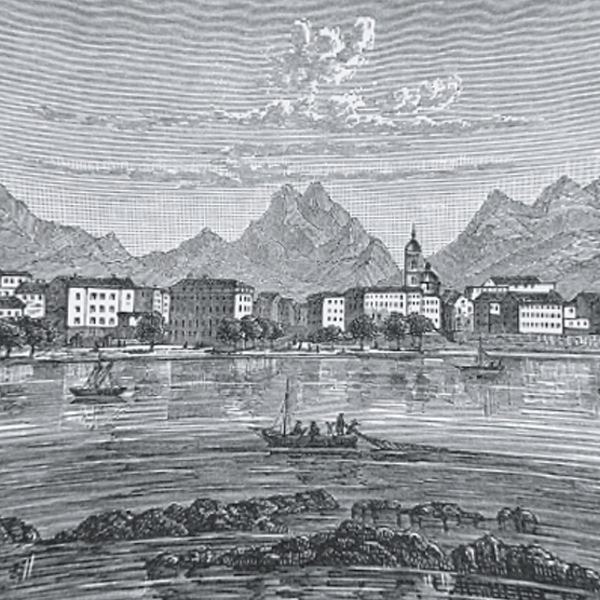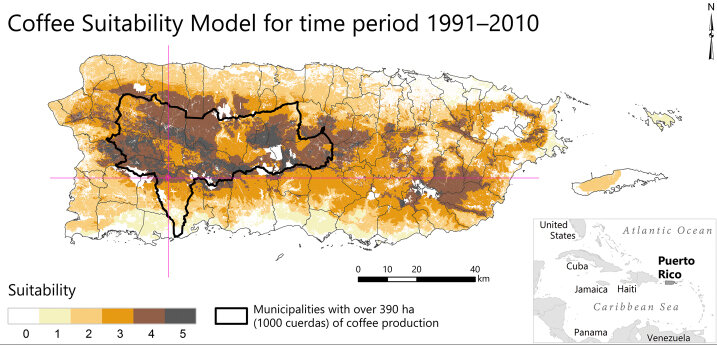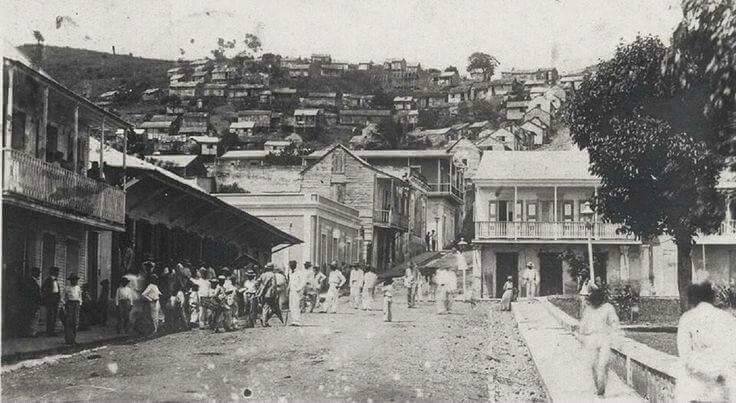
ORIGINS
The stories of Coffee, Corsica, and Empires come together at Hacienda Masini. Explore its roots and the contexts that have come together to make global coffee culture and farms like Hacienda Masini possible.
CORSICA
The island of Corsica is the seedbed of the Masini Family. Settled 8,000 BP, its rugged mountains, jagged coastlines, and fierce Corsi are legendary for resisting rule. Aleria, Bastia, Ajaccio, and Bonifaccio, all bear remains of ancient Corsican empires.
In 1755 the enlightened patriot Paoli declared Corsican independence from 500 years of Genoese rule, only to see Corsica sold to France and Corsica’s bid for independence end.
In the modern era, Corsica faced European political turmoil and crises, culminating in 1755 when Paoli 500 years of Genoese rule, but the rising French purchased Corsica and have maintained control since.
This turbulence fueled significant Corsican emigration in the 19th century, with Puerto Rico, Venezuela, and France’s colonies receiving most.
Continental empires have long affected the fate of Corsica, significantly affected Corsica and have long shaped Europe and the Mediterranean since before Antiquity and its islands have watched history unfold for islands such as in the 18th and 19th Centuries.
“Alone among the peoples of Europe, the Corsicans avoided feudal and capitalist oppression...”
COFFEE
Guarded for centuries in Ethiopia and Yemen, coffee's global spread in the 17th and 18th Centuries fueled colonization and migration. The New World was transformed into a global landscape of coffee that is after oil, the world’s most traded product.
Coffee’s spread promoted novel cultures and ecosystems that have enriched people and place. In Puerto Rico, coffee production evolved to be adaptable to daily rains and resilient to seasonal storms. But coffee left a stain too, in the colonial structure and land damage it promoted, and in the monopolies of crop and controls that diminish resilience.
Hacienda Masini is proud to support a collective Puerto Rican coffee culture through optimal, responsible production of specialty-grade coffees.
CROWNS
In 1815, Spain expanded its offer of lands to those who will support its Crown to non-Spanish Christians, opening the door to Corsican emigration to Yauco.
In 1898, America builds its empire by taking Cuba and Puerto Rico from Spain, thus setting the stage for the Masini’s and other highland families, and putting in motion cultural and political changes that are still unfolding…
Puerto Rican coffee dipped with mass migration away from the highlands, droughts and storms, and the fall of coffee prices. Highland coffee culture survived and is again thriving, with new generations of Boricua working and sustaining the highlands.
CORSOS
Yauco was the Corsican Town before it was the Coffee Town. In fact they collaborated. The tight relationship between town and coffee highlands enabled Yauco to become a major coffee capital by the early 20th Century.
Yauco’s availability, terrain, and tropical latitudes that supported cash crops attracted hundreds of Corsos starting in the mid-19th Century and peaking in early 20th Century. Yauco’s mountainous highlands soon had last names ending in -ini.
In Yauco, caficultores developed innovative approaches and infrastructures for growing the fickle coffee plant in Puerto Rico’s clime. A proto-modern coffee culture emerged, in which architecture and lifestyle, daily and yearly rhythms were shaped and shaped coffee. Coffee became Queen.



















